DFS: Understanding Game Flow
A major key to success in daily fantasy sports is understanding game flow. Knowing (to a degree) how a game is going to unfold gives owners a better idea of how skill players are going to be used in any given game.
The first place to start is Las Vegas, as the spreads and totals can accurately depict how a game will play out. This tells owners which teams, and which players to target.
Once the game flow is predicted, owners can start looking for value, while also avoiding certain players. Here's what to know about a matchup in order to understand the likely game flow:
Defensive Strengths
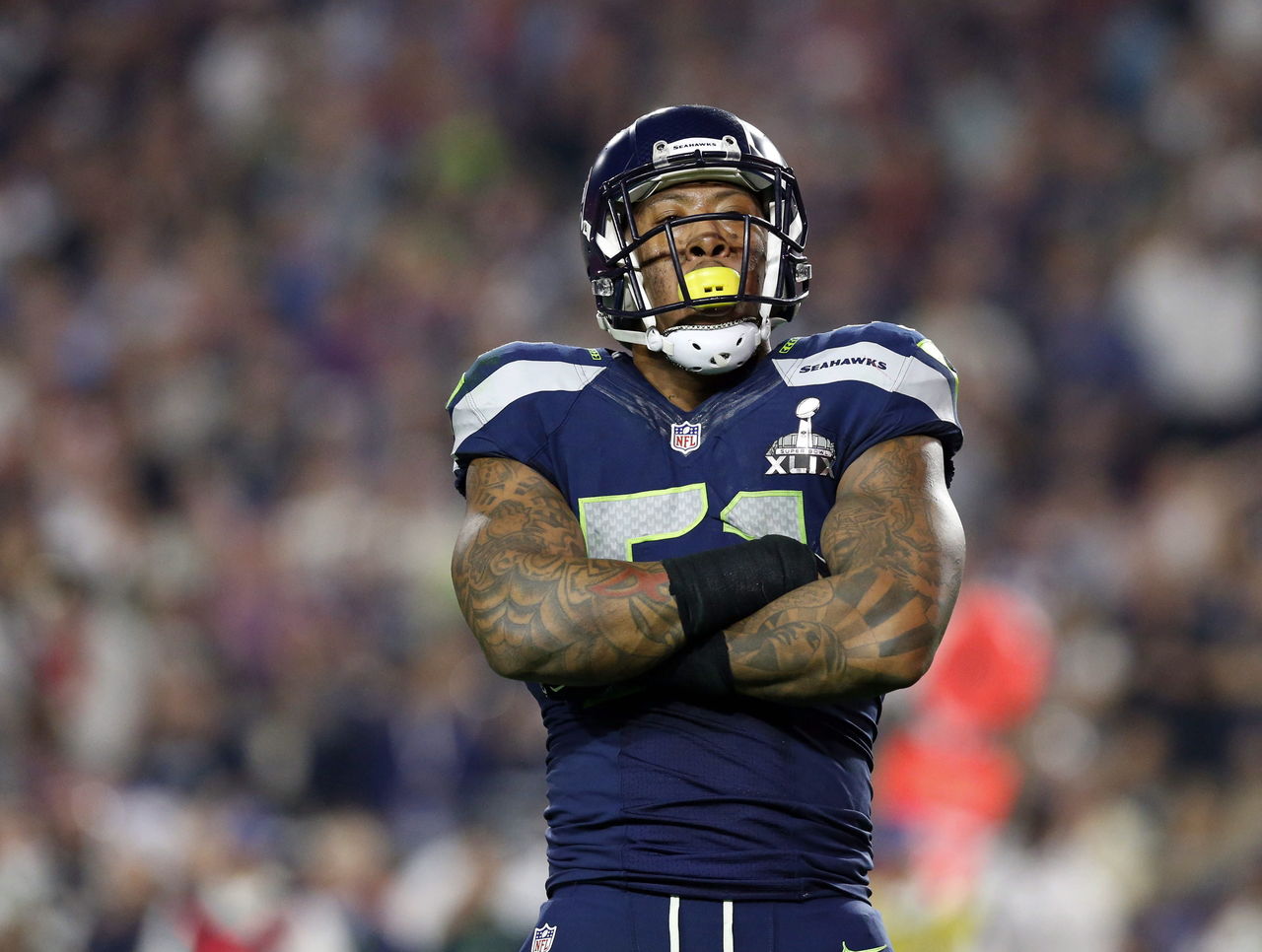
Most NFL defenses are either good at defending the pass, or good at defending the run. Very few teams are good at both - no team ranks inside the top five for both pass and run defense through three weeks - and a strength in one area usually leads to a weakness at the other.
Here's a look at the top five run defenses this season, and their corresponding rank against the pass:
And inversely, the top five pass defenses and their rank against the run:
It's easy to realize a running back shouldn't be started against a top run defense, and wide receivers should be avoided against the best secondaries. A common mistake for those new to DFS is associating the strength of one aspect of a defense with the strength of the defense as a whole.
When facing a top run defense, the offense will be forced to throw the ball at an increased rate, leading to more production from their receiving corps.
Similarly, an offense will be forced to run the ball against an elite pass defense, leading to more volume and production for the running back(s).
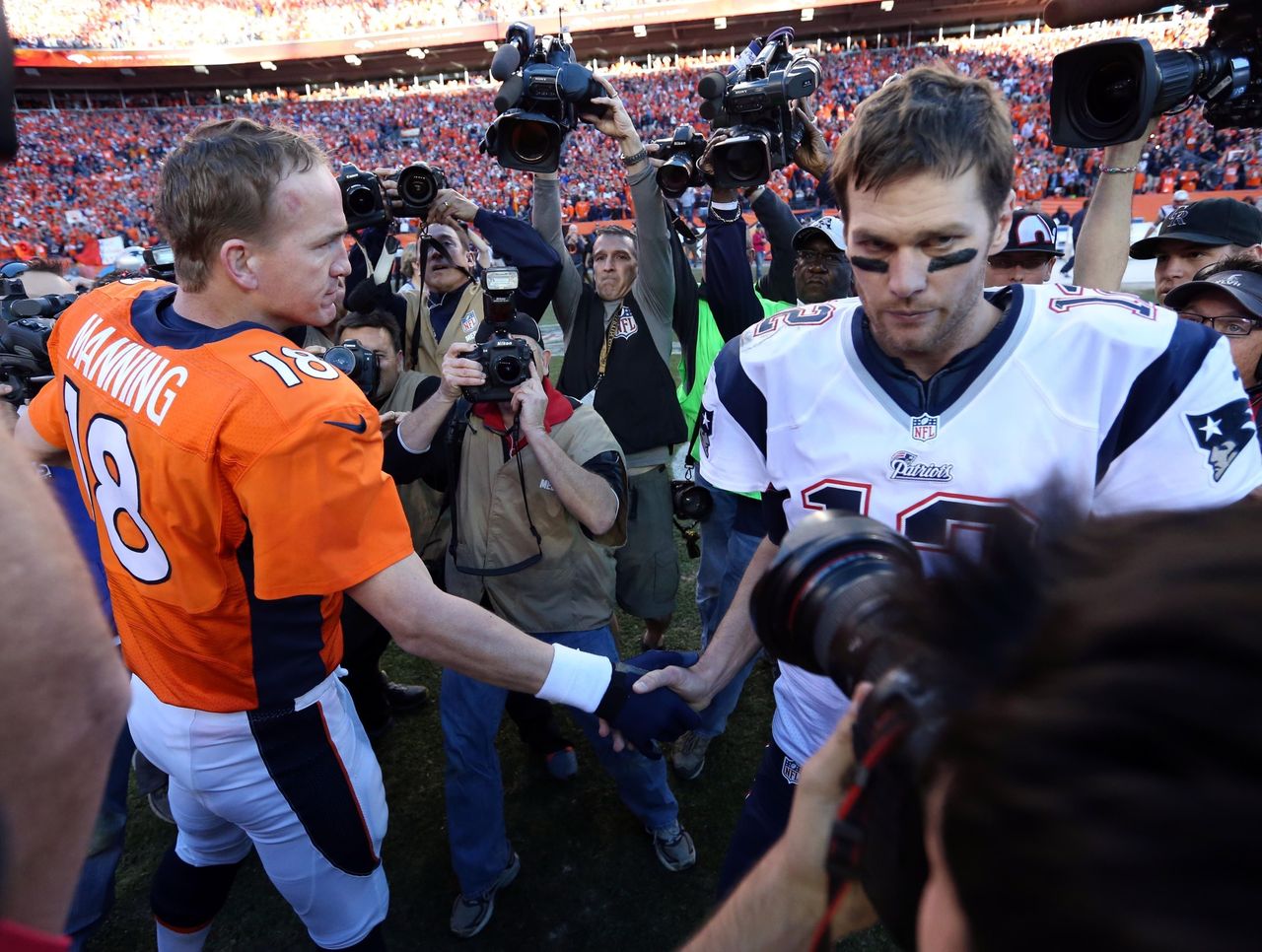
The Difference Between Winning and Losing
Other than the opposition's defense, the biggest influence on game flow is the score of the game. Not only whether a team is winning or losing, but by how much, and at what point in the game.
The safest game line for DFS play is a high total combined with a narrow game spread. This will usually result in the stars of both teams producing and reaching their expected value.
Even a low point total is safe for DFS purposes, as the game can just be avoided all together. Simple enough.
Where it gets tricky is with projected blowouts. If either team gets up by a large score - and if they're able to do it early - even the most studious preparation can be thrown out the window.
Here's who to target from both sides of an impending blowout:
When a Team is Expected to Win
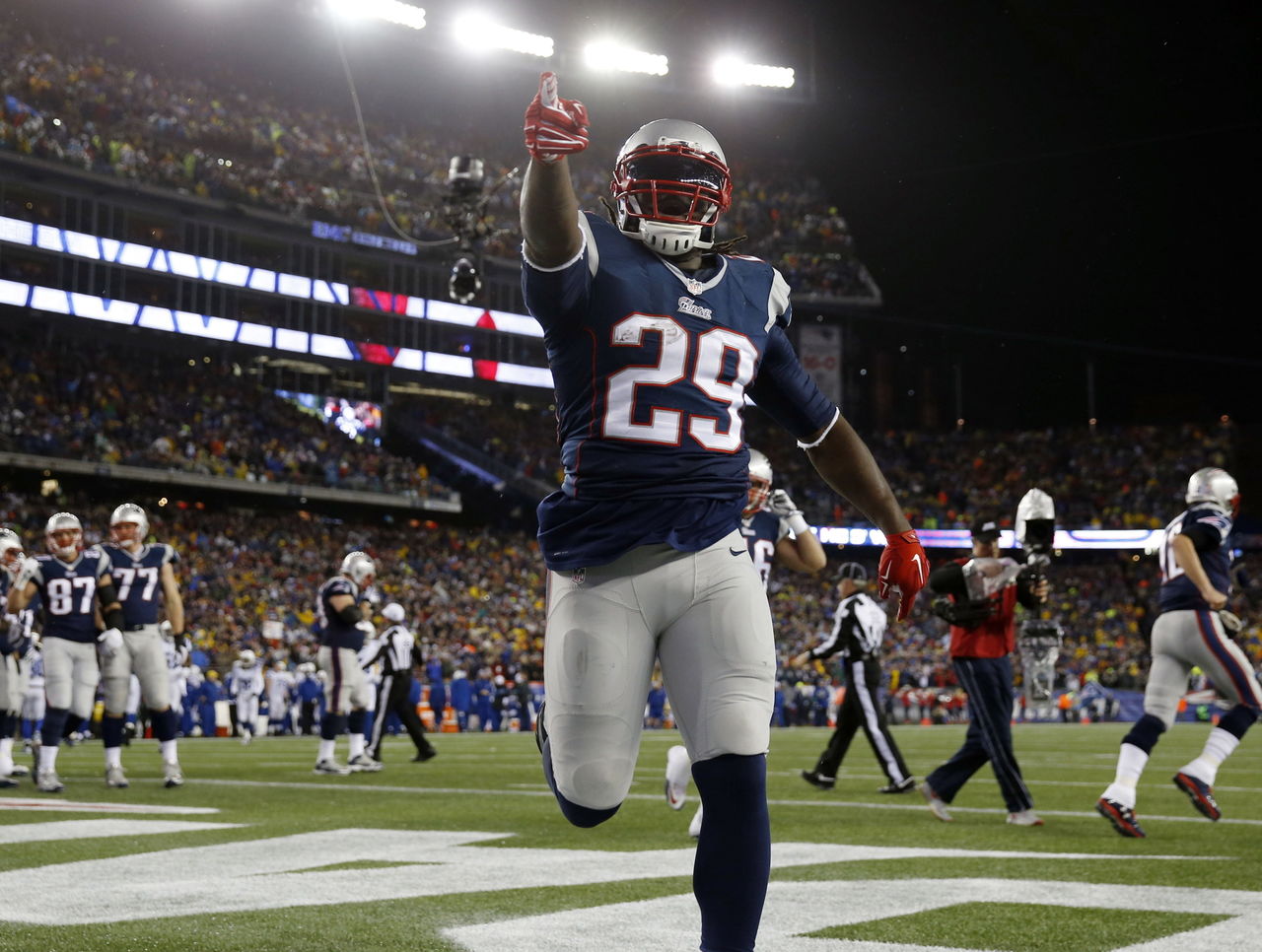
- Ground-and-pound running back
- Third- or fourth-string receivers
- Defense
When a team is able to build an early lead, they'll shift their focus to the run game in order to run down the clock and avoid running up the score (the Green Bay Packers and New England Patriots don't generally adhere to this school of thought).
Take a look at the Patriots' backfield during Week 3's 51-17 domination of the Jacksonville Jaguars:
| RB | CAR/REC | RuYds/ReYds | TDs |
|---|---|---|---|
| LeGarrette Blount | 18/1 | 78/14 | 3 |
| Dion Lewis | 8/5 | 37/30 | 1 |
The majority of Lewis' work came early enough in the game that the Patriots still needed to score. Blount was given the ball in the second half, but the Jaguars had no answer, and Blount still collected a trio of scores.
There are two ways that third- and fourth-string wide receivers will see their value rise when on the proper side of a blowout game. Either the quarterback will be throwing touchdowns to everyone at his disposal, see: Tom Brady and Keshawn Martin, as well as Aaron Rodgers and Ty Montgomery in Week 3. Or they will see more playing time in the second half, potentially with a backup quarterback who will attempt to pile up some yards in an audition for another team.
The defense of the winning team won't only hold their opponents to a low point total, but they'll benefit from the opposing quarterback's mistakes while he attempts to mount a comeback.
When a Team is Expected to Lose
- Pass-catching running backs
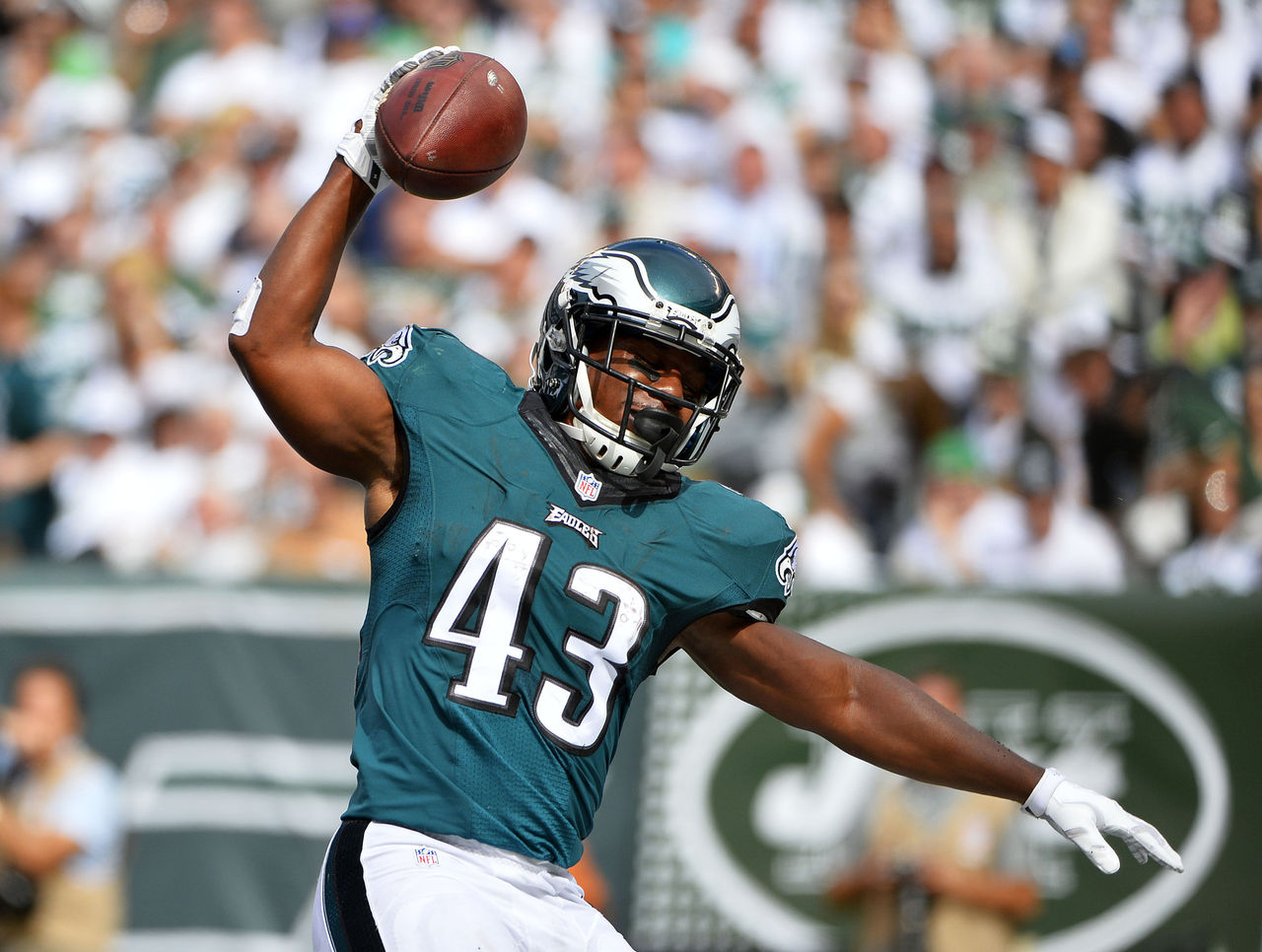
Here is how the Philadelphia Eagles backfield was split in their Week 1 loss to the Atlanta Falcons:
| RB | CAR/REC | RuYDS/ReYDS | TD |
|---|---|---|---|
| DeMarco Murray | 8/4 | 9/11 | 2 |
| Ryan Mathews | 3/3 | 4/24 | 1 |
| Darren Sproles | 5/7 | 50/76 | 0 |
While Murray's and Mathews' ineffectiveness was a large reason for their diminished playing time as that game went on, QB Sam Bradford's need to play catch up was the biggest factor in Sproles' increased usage.
Pass-catching running backs - particularly the one's that aren't well known - make for great GPP options, as they'll pile up the receptions in an attempt to mount a comeback while working against the clock. Their added ability to make quick, short catches and get to the sidelines greatly boosts their value to their team and daily fantasy players.
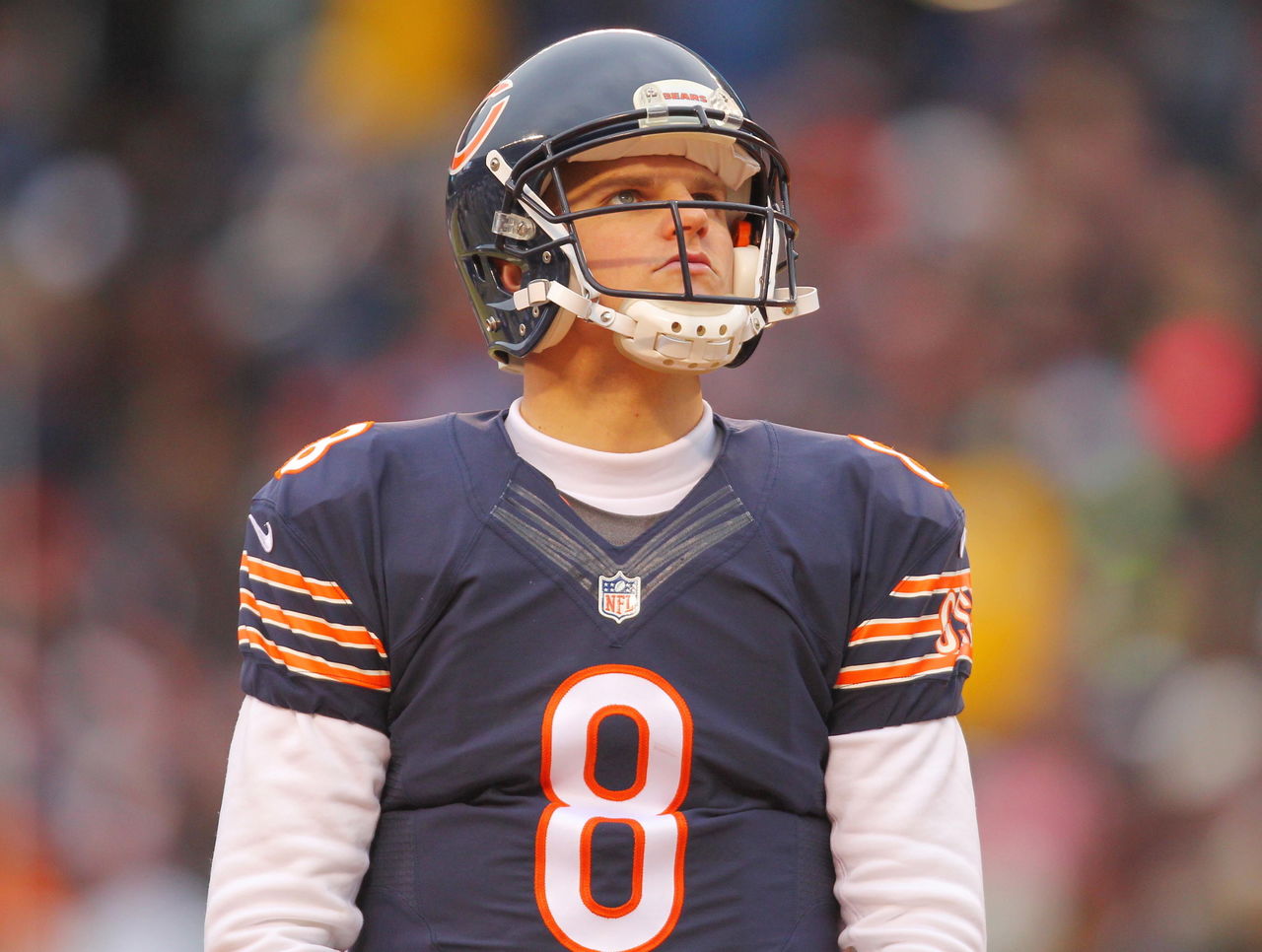
It's best to avoid the other skilled players from the wrong side of a blowout. It may be tempting to take the losing quarterback and/or a receiver in hopes of some easy garbage-time yardage, but increased pass attempts lead to unadvised throws and turnovers, more often than valiant last-minute touchdowns.